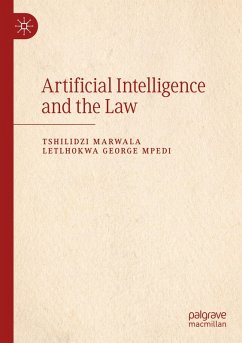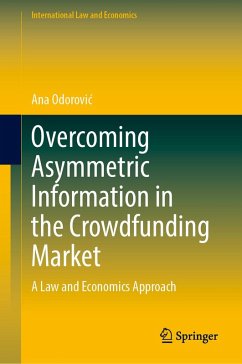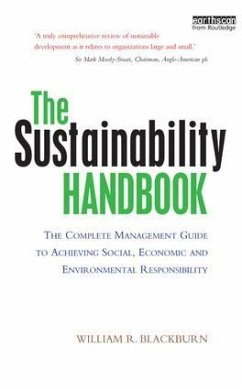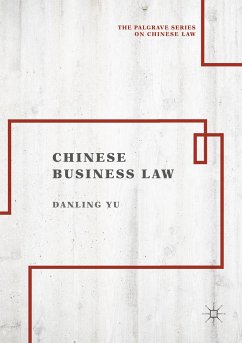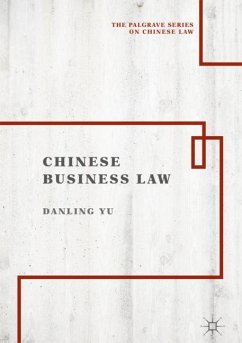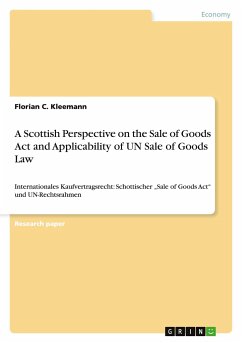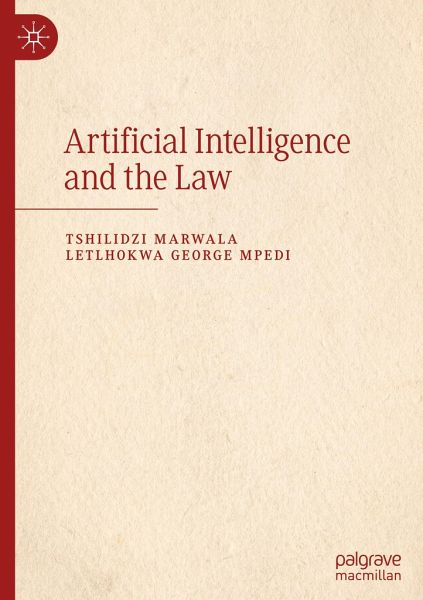
Artificial Intelligence and the Law
Versandkostenfrei!
Versandfertig in 6-10 Tagen
61,99 €
inkl. MwSt.
Weitere Ausgaben:

PAYBACK Punkte
31 °P sammeln!
This textbook offers a starting point for the education of attorneys and other legal professionals about the potential impact of artificial intelligence (AI) on the law, as well as a forum for discussing artificial intelligence's legal and ethical concerns. Intended for classroom use, this book will help students, legal professionals and policymakers alike. AI is swiftly transforming the world, including the legal system. Legal applications to areas such as ethics, human rights, climate change, labor law, health, social protection, inequality, lethal autonomous weapons, the criminal justice sy...
This textbook offers a starting point for the education of attorneys and other legal professionals about the potential impact of artificial intelligence (AI) on the law, as well as a forum for discussing artificial intelligence's legal and ethical concerns. Intended for classroom use, this book will help students, legal professionals and policymakers alike. AI is swiftly transforming the world, including the legal system. Legal applications to areas such as ethics, human rights, climate change, labor law, health, social protection, inequality, lethal autonomous weapons, the criminal justice system and autonomous vehicles, contract drafting, legal investigation, criminal analysis and evidence investigation, utilize AI. As AI becomes more sophisticated, its impact on the law will likely increase.



